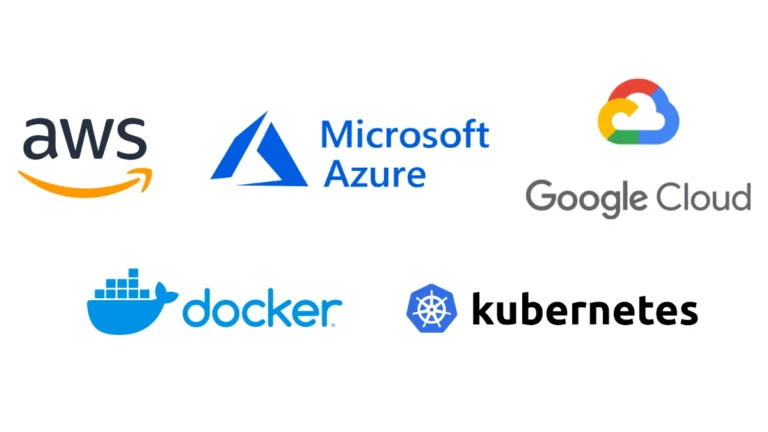The Secret Behind Android’s Success:
The $50 Million Bet That Everyone Laughed At The incredible Android success story began in 2005. Google is actively preparing for future…
The $50 Million Bet That Everyone Laughed At
The incredible Android success story began in 2005. Google is actively preparing for future advancements secretly through strategic investments, they paid $50 million for a tiny startup named Android Inc., led by a software engineer named Andy Rubin. The company had no product, no revenue, and was on the verge of collapse.
Critics mocked it, calling it the “dumbest acquisition ever.”
But that $50 million gamble became the foundation of Android, a platform now worth over $500 billion and powering more than 71% of smartphones worldwide.
So how did a dying startup turn into a mobile revolution?
The Birth of a Bold Vision
Android Inc. was founded in 2003 by four tech entrepreneurs, with Andy Rubin leading the charge.
Their mission was simple but revolutionary:
To build smarter mobile devices—phones that understood user preferences, used location data intelligently, and ran on an operating system that was completely free and open-source.
It sounded crazy at the time. Why give away the core software for free?
But the founders believed that giving freedom to developers and manufacturers could ignite massive innovation.
The World Wasn’t Ready
In the early 2000s, the mobile industry was tightly controlled:
- Nokia had proprietary software
- Microsoft charged for Windows Mobile
- BlackBerry kept everything in-house
The idea of a free mobile OS sounded like a joke.
Meanwhile, Android Inc. was drowning:
- No product
- No money
- No customers
- Just belief and code
Enter Google—with a vision bigger than mobile.
Google Saw the Future Before Anyone Else
Google wasn’t just investing in software. They secretly understand that one of their greatest successes awaits them.
They realized that mobile phones would become the primary gateway to the internet, and whoever controlled mobile access would control search, ads, and data.
If Microsoft or Nokia won the mobile war, they could:
- Block Google Search
- Prioritize their own browsers and apps
- Capture the growing digital ad market
Google couldn’t let that happen.
So they made a strategic decision: buy Android Inc.—not just for the software, but for the future it could create.
Why Keeping Android Free Was the Genius Move
Google could’ve made Android exclusive to its own devices. But instead, they did something bold:
They kept Android free and open-source.
Why?
- So manufacturers like Samsung, HTC, and Huawei could use it freely
- So developers had an open platform to innovate
- So users had more choice, more features, and more freedom
This decision leveled the playing field against Apple and Microsoft.
The First Android Phone: A Humble Beginning
Although Android was founded in 2003 according to Wikipedia and later acquired by Google in 2005. But in 2008, the world met the first Android device:
The HTC Dream (also known as T-Mobile G1).
It wasn’t sleek.
It wasn’t perfect.
But it marked the start of a mobile revolution.
Google allowed manufacturers to:
- Customize the interface
- Add new features
- Innovate rapidly
Suddenly, companies didn’t need to build an OS from scratch to compete with Apple.
From Free Software to a Billion-Dollar Ecosystem
So, how does Google make money from a free OS?
Not from Android itself—but from the ecosystem it powers:
- Google Play Store revenue
- Google Search and default apps
- Digital ads targeted using Android data
- Licensing and services for manufacturers
The Android platform may be free, but the ecosystem is priceless.
The Aftermath: Giants Fell, Android Rose
Within a decade, Android’s open-source model disrupted the giants:
- Nokia faded
- BlackBerry vanished
- Windows Mobile disappeared
Meanwhile, Android became the dominant mobile OS—everywhere from flagship phones to budget devices.
Billions of people connected to the internet for the first time using Android-powered devices.
What We Can Learn from Google’s Bet
This story isn’t just about technology—it’s about vision, risk, and belief.
Here’s the takeaway:
✅ Think long-term — Great investments aren’t about what something is now, but what it could become.
✅ Embrace open ecosystems — Sometimes, giving value away is the best way to grow your own.
✅ Protect what matters — Google wasn’t just building a phone OS. They were protecting their search empire.
Final Thoughts
So, that’s the secret behind Android’s success. What started as a $50 million “mistake” turned into one of the most successful operating system that redefined how we live, work, connect, and shop.
Google didn’t just acquire Android—they bet on the future, and they won.
So next time someone laughs at your idea, remember:
The world once laughed at Android too.
Enjoyed the story?
If this article gave you a new perspective, feel free to share it with friends, leave a comment, or subscribe to our newsletter for more insightful tech stories like this one.
Let’s stay connected!




Insightful